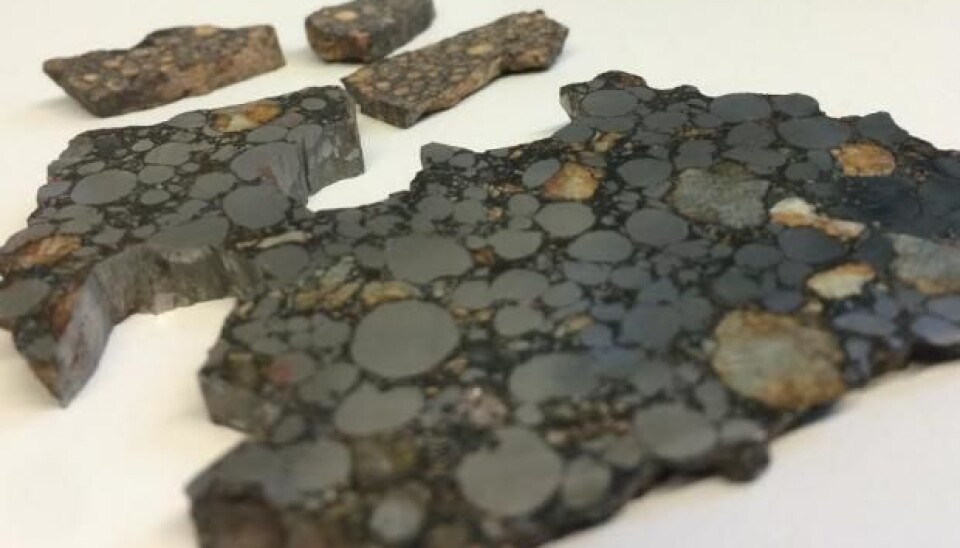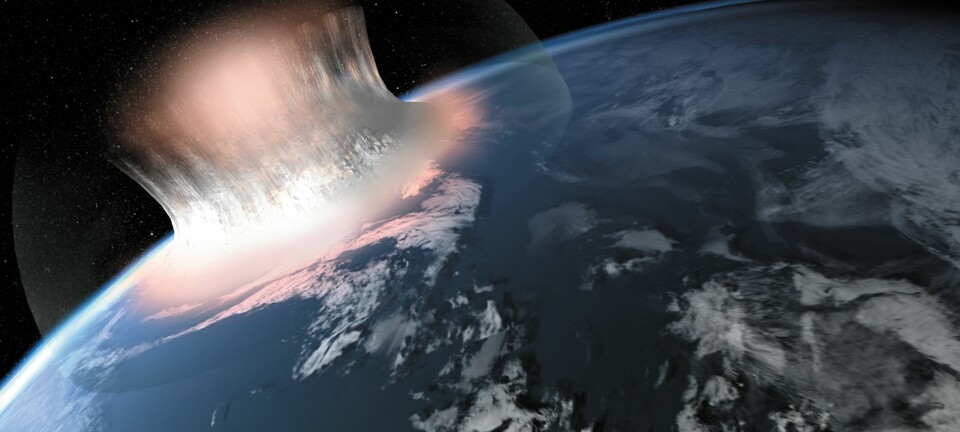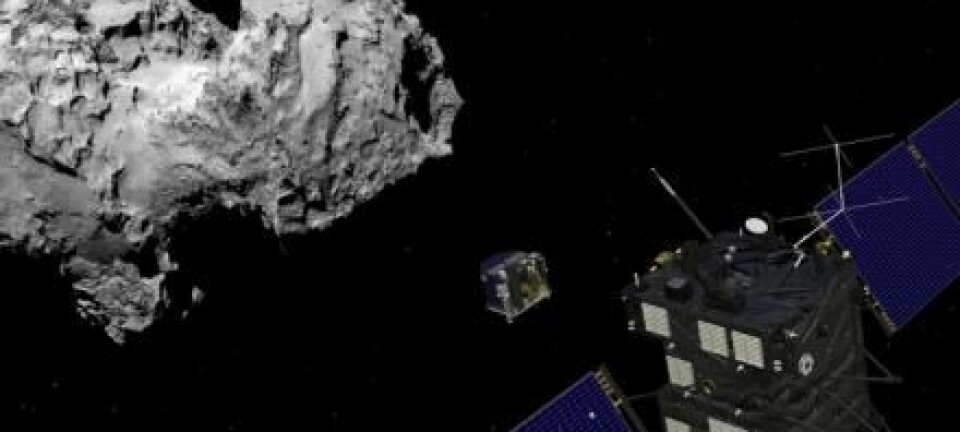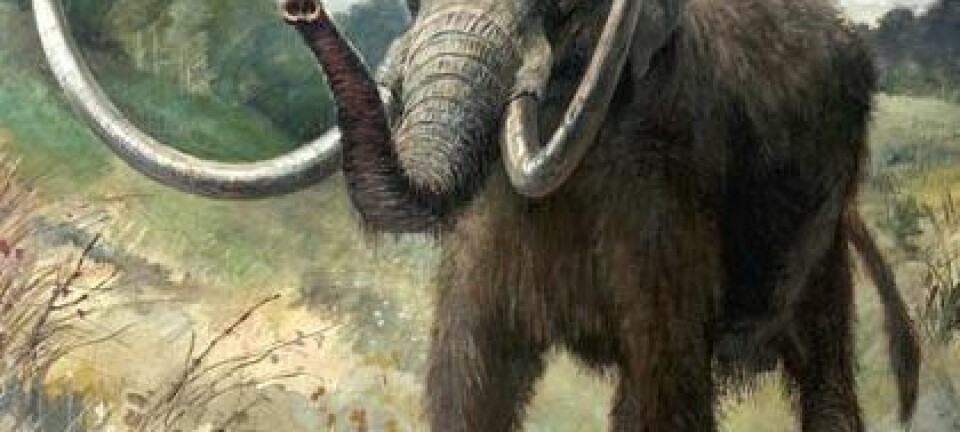
Meteors shed light on our solar system's early days
New analyses of a handful of meteorites from the outer reaches of the solar system hold clues to its very origins.
Scientists have found a group of meteorites, which they believe, come from the outer solar system.
"They don’t look like anything we’ve seen before,” says co-author Martin Bizzarro, a professor at the Natural History Museum of Denmark and head of the Centre for Star and Planet Formation (STAR PLAN) at University of Copenhagen.
“With this finding, we have access to the outer solar system, so now we can investigate how the entire solar system was formed. That’s what you’re always looking for when studying comets," says Bizzarro.
The new results are published in the journal PNAS.
Earlier research on the meteorites had suggested that they were a rare find, but it was not until Bizzarro got hold of the samples himself that he was able to take a closer look.
"We knew they were special--but they turned out to be even more special than we thought. We've been really lucky," says lead-author, Elishevah van Kooten, from the Natural History Museum of Denmark.
Colleague: Science at its best
Astrophysicist Anja Andersen, from the Dark Cosmology Centre, the University of Copenhagen, Denmark, is impressed with the new research.
She was not involved with the research herself.
“It’s extremely well done, and it’s science at its best. They’ve made a lot of measurements, which weren’t easy to do. But this is exactly what this research group are good at. There’s no doubt about [the accuracy of] these results,” says Andersen.
The research group has regularly pushed the limits of our knowledge of the solar system, says Andersen.
The new measurements showed a division of the protoplanetary disk, where all the gas and dust needed to create planets and stars came from, which made it impossible for some components of the outer solar system to move into the inner solar system, as scientists had previously thought.
According to Andersen, this new research rewrites the history of the solar system.
“For me, it’s really big. They won’t get a Nobel Prize, but it’s big. It’s as if someone has found out that it wasn’t Columbus who discovered America,” he says.
New insights into the origin of life
Apart from telling us how the solar system formed, the meteorites might also tell us something new about the origin of life here on Earth. Many scientists now suggest that meteorites and comets first brought life to Earth.
“[These meteorites] can explain more about the primitive stuff that our solar system in made of. And it’s important because the type of molecules that can lead to life, originate from these types of materials. They are the building blocks of life,” says Bizzarro.
Van Kooten says it could be valuable to know what conditions were like in the early days of the solar system when searching for life elsewhere in the universe.
“It can make us wiser about whether our solar system is special or requires special conditions for the formation of life--or if it’s just one of many,” she says.
------------------
Read the Danish version of this article on Videnskab.dk
Translated by: Catherine Jex










